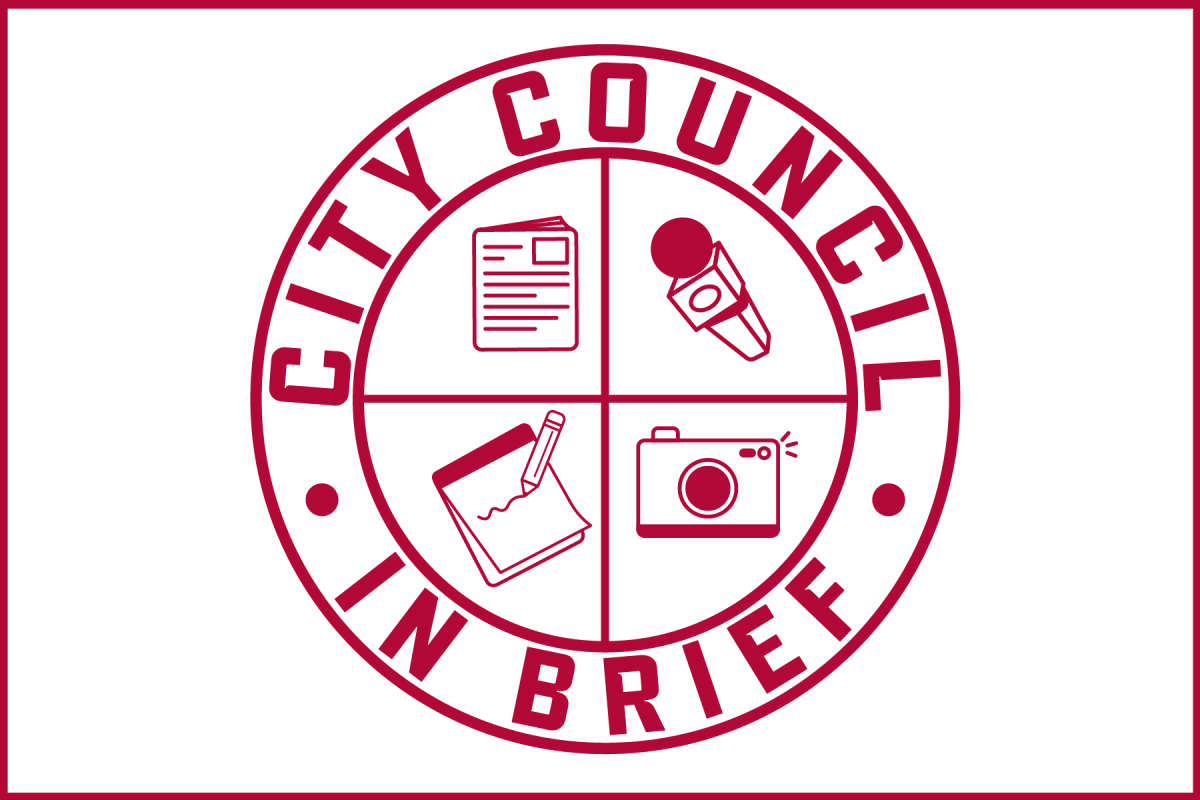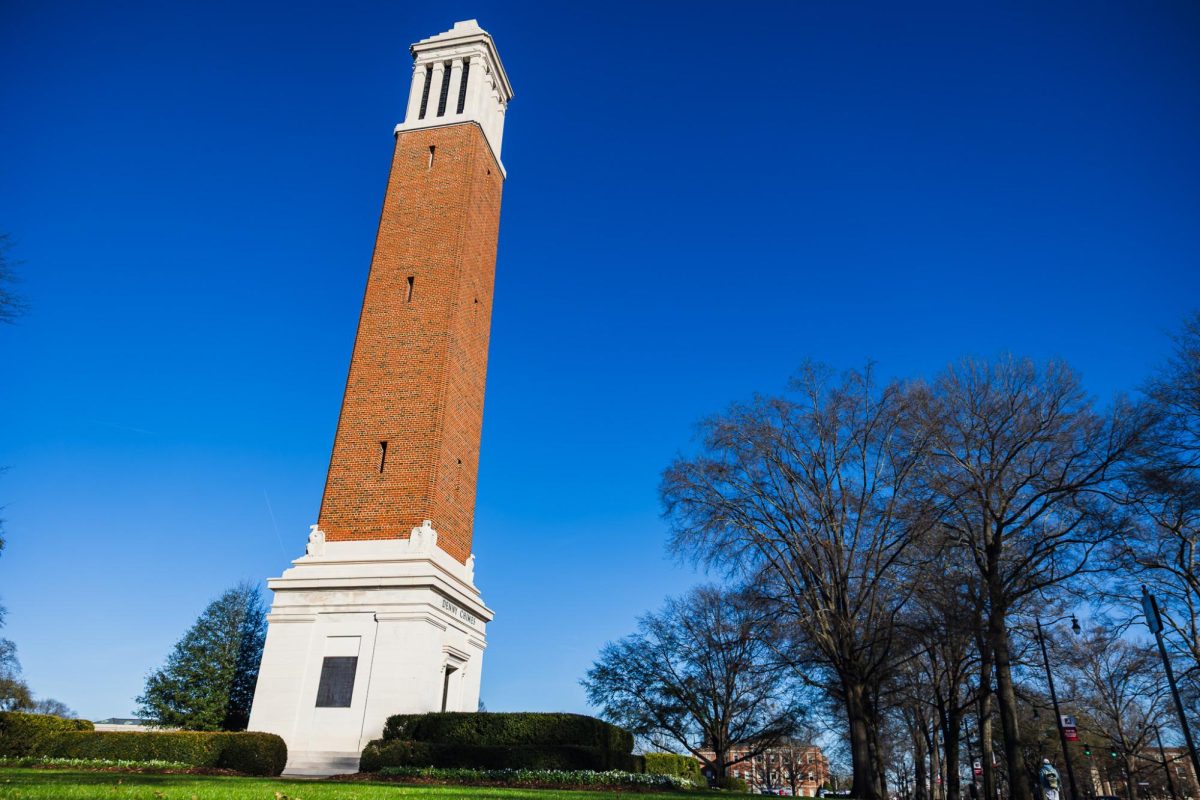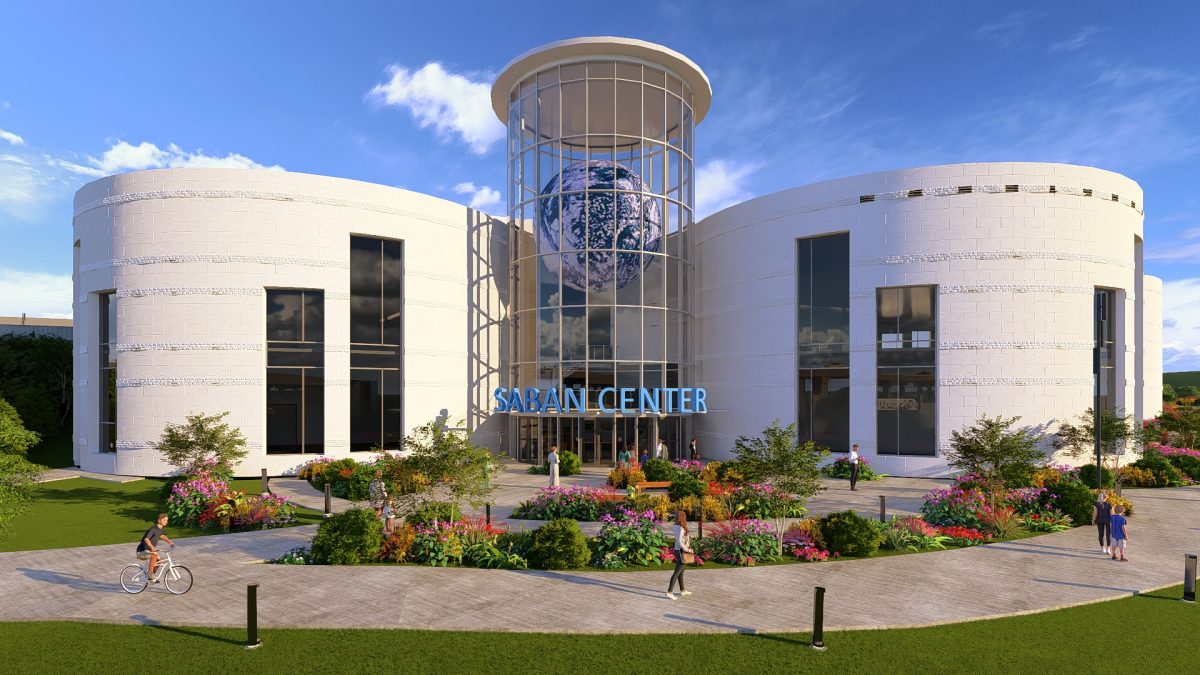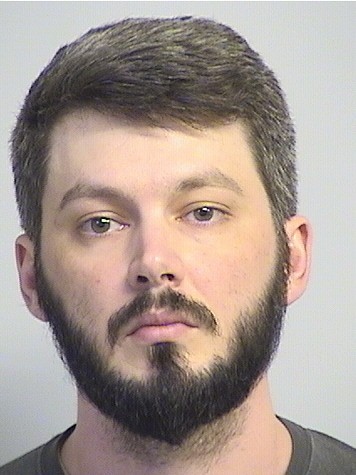The discovery started a new conversation, which led to the idea for a new history class, Coca-Cola Globalization: The History of America and Global Ecological Change Since 1800. Elmore began teaching the class this past fall and has continued teaching it this semester.
“What many Tuscaloosa residents, particularly the college students, don’t realize is that our city has two steel plants, an oil refinery, a rubber plant and many other industries that cause our air quality to be severely compromised,” he said. “We often think of Tuscaloosa as just a college town, but it is a center for major industries and businesses as well.”
For the class, each student chooses a local business and then researches the history of the business, notes the economic impact the business has made and assesses environmental stewardship or lack thereof.
From there, students create a Tuscaloosa Environmental Design website, which maps the 30 businesses researched. The interactive map allows site visitors to read the research and is linked to the University’s Environmental History home page. Businesses chosen by students range from local businesses such as Manna Grocery and Deli to major companies like Target and McDonald’s.
The student research is presented to create awareness and facilitate action. Research on BF Goodrich, a tire plant, revealed the plant has a major economic impact by supplying over one thousand jobs to the city, but it also emits hundreds of thousands of chemicals into the air. Elmore said his goal is to get his students to think critically about how harmful or helpful these businesses are to the community.
“The [Environmental Protection Agency] is not as powerful as we think,” he said. “It lacks the capacity to do local regulations.”
Elmore said he believes the environmental regulation of a city becomes the job of the local citizens, even students. He said he encourages his students to take advantage of the opportunities they are given and investigate for themselves the answers to both local and large-scale issues.
Tatum Kennedy, a sophomore majoring in mechanical engineering, said she recognizes the importance of such a project for engineers as well.
“This can encourage companies to begin using more renewable energy sources and involve engineers in making them more environmentally friendly,” she said.
Elmore said he has high hopes for the Tuscaloosa Environmental Design website. He said he sees it as a model for other universities and cities to use one day to create accountability for both corporate and small businesses. With a successful first year, he said he hopes to keep growing the class, along with the site, to draw more attention to the issues and encourage positive actions from the companies.









